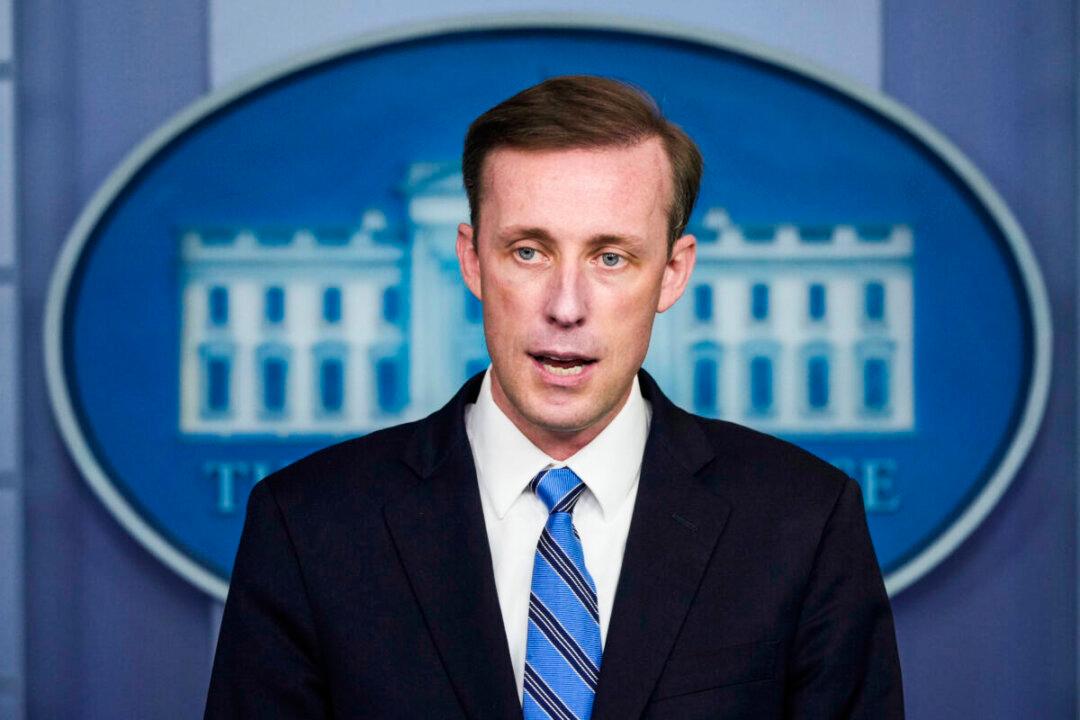The Biden administration will focus on four key areas in future bilateral engagement with China, National security adviser Jake Sullivan said on Tuesday.
Speaking hours after a 3.5-hour virtual summit between President Joe Biden and Chinese leader Xi Jinping, Sullivan said the future of the U.S.-China relationship can best be categorized by prioritizing four “buckets” in these engagements.





